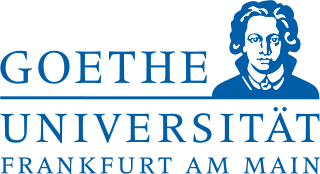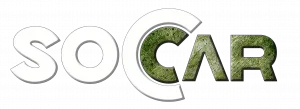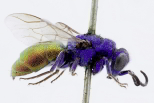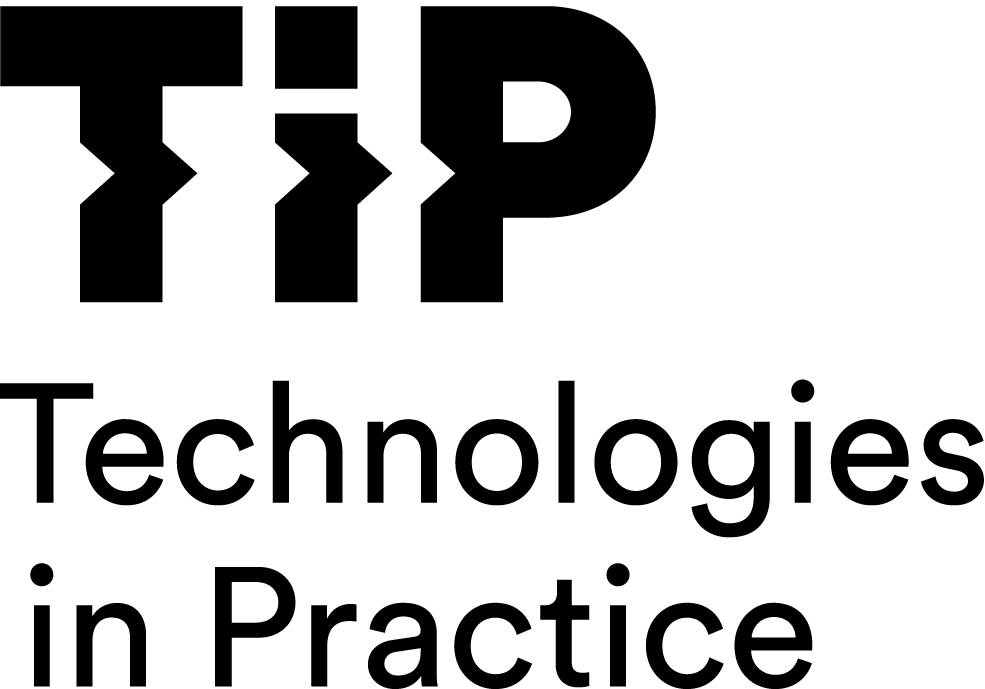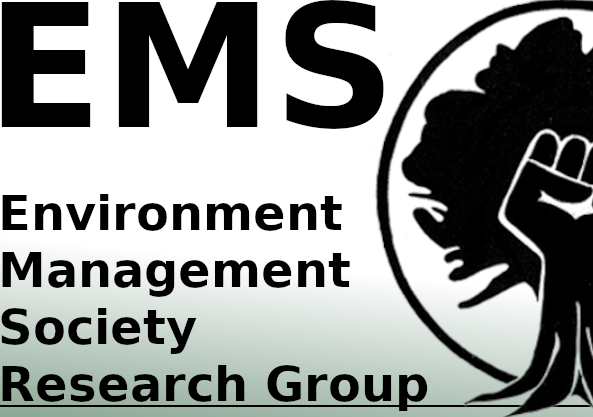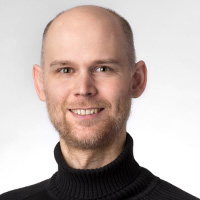
Ingmar Lippert
Teams and leadership
I am a team worker, performing in, and organising, collaborative teaching and research within the Institute of Cultural Anthropology and European Ethnology's team at Frankfurt University (since 2023). 2019 to 2023 I co-led the research project Sociocultural Carbon. For several years I have been involved in the DataNatures team at the Museum of Natural History Berlin, the TiP research group at IT University of Copenhagen and the Chair of Technoscience Studies at Brandenburg University of Technology.
Since the early 2000s, I have been leading several early career researcher teams, including the international doctoral/postdoc ‘Environment, Management and Society Research Group’, drawing into these teams multiple awards, grants and producing publications.
Across the teams and my or our grants, my responsibilities included project management, drafting and administrating budgets, subcontractor management, planning and managing the logistics of ethnographic fieldwork on two continents, coordinating scheduled delivery of research output to funders, supervising PhD students and intellectually guiding PostDocs as well as evaluating progress. In leading teams, I explore modes of collaborative relations and building nurturing environments, drawing on my training in listening and noticing to guide open development.
Institute for Cultural Anthropology and European Ethnology - my home for doing STS in Germany
Sociocultural Carbon
Selected Output
- "'Earth ... without us', earthlessness and autochthony: discursive presences and absences in negotiating and contesting coal mining", presented at the workshop Equivocal (anthropo)cenes: indigenous ontologies and the ethics of geo-climatic disruption at Universidad Católica de Chile, Santiago, 8th-9th of November 2018
- "Die diskursive Konstruktion von Partizipation einer autochthonen Volksgruppe in der Braun kohlegovernance", presented at the Spring Conference Partizipation und die Gestaltung von Natur-Gesellschafts-Verhältnissen of the section Environmental Sociology of the German Sociological Association (DGS), Museum für Naturkunde Berlin, 11th April 2019
Third-party Funding
DataNatures
Selected Output
-
"Umwelt – 'Version 2b': Das Programmieren ökologischer Fehlentscheidungen und Grundlagen für eine neue Umweltpolitik" Leviathan (2016)
free access via - "Failing the market, failing deliberative democracy: How scaling up corporate carbon reporting proliferates information asymmetries" Big Data & Society (2016)
Technologies in Practice Research Group
Selected Output
-
with Helen Verran:
"After Numbers? Innovations in Science and Technology Studies' Analytics of Numbers and Numbering" Science & Technology Studies (2018)
free access via - with Rachel Douglas-Jones: "'Doing Data': Methodography in and of STS’" EASST Review (2019)
Third-party Funding
Environment, Management and Society Research Group
Selected Output
-
"Environmental Management as Situated Practice" Geoforum special issue, edited with Franz Krause and Niklas Hartmann (2015)
free access via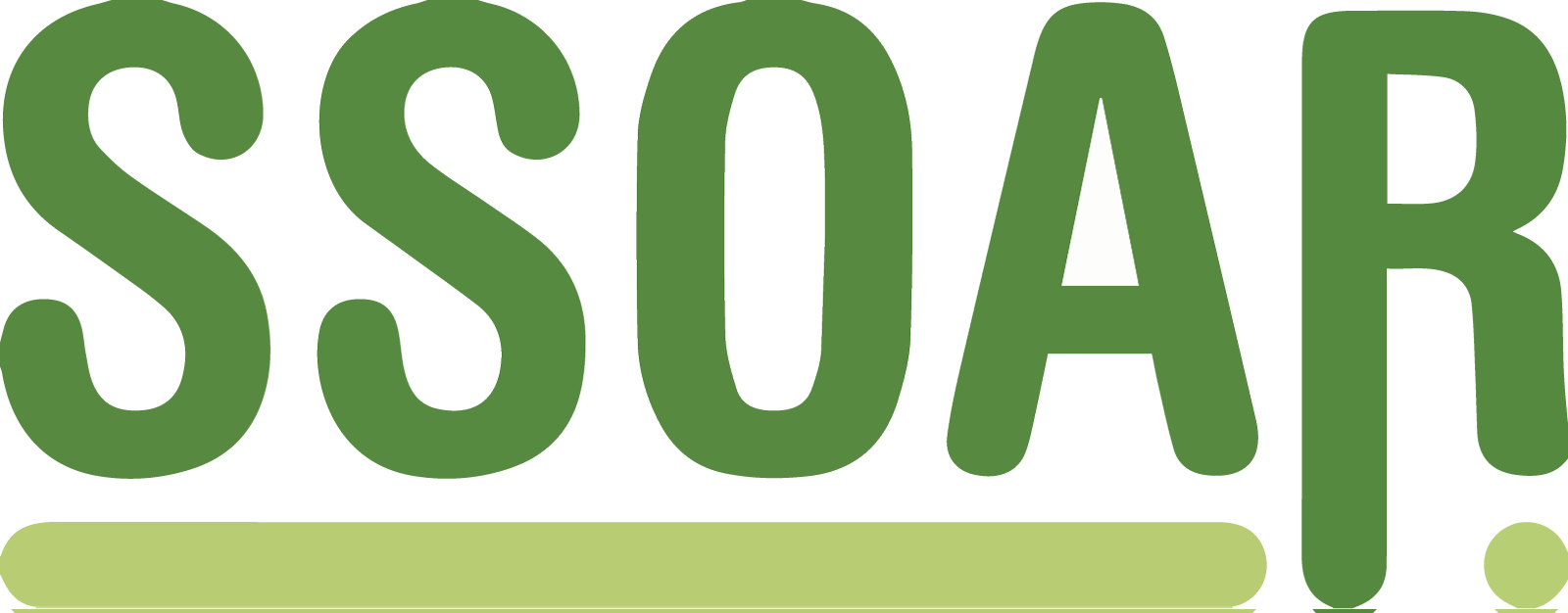
-
"Latour’s Gaia – Not down to Earth?: Social Studies of Environmental Management for Grounded Understandings of the Politics of Human-Nature Relationships",
in: Yearbook 2012 of the Institute for Advanced Studies on Science, Technology and Society (2014)
free access via
-
"Limits to Managing the Environment" edited book part, in: Implementing Environmental and Resource Management (2011)
free access via

